For millions juggling full-time work, aging parents, and the simple desire for a life of their own, each day can feel like walking a tightrope over a canyon of exhaustion. The modern caregiver is not a nurse, not a therapist, not a home health aide — and yet performs pieces of each role, all while fielding Slack messages, managing deadlines, and possibly parenting children too. Caregiving for seniors is often invisible labor, compounded by guilt, love, and cultural expectations that rarely account for burnout. While there’s no single formula to solve the balancing act, there are grounded, experience-backed strategies that offer something more than survival: a shot at stability.
Redefining What “Balance” Really Means
Forget the picture-perfect version of balance where each part of life gets equal time and attention — that’s a myth designed to make people feel like they’re failing. Real balance looks messier and changes daily. Some weeks, caregiving consumes everything and dinner is whatever delivery arrives. Other weeks, there’s a little room to breathe, and that has to be enough. The goal isn’t symmetry but sustainability: how to care without collapsing, to be present without being erased in the process.
Workplace Transparency Can Build a Safety Net
Many caregivers fear speaking up at work, worried it will cast them as distracted or less committed. But withholding the truth rarely pays off in the long run. Employers are increasingly aware that elder care is the next frontier in workforce accommodation, especially as more employees support aging relatives. Honest conversations with managers — not about every detail, but enough to explain shifting needs — can open the door to flexible schedules, reduced hours, or project reprioritization. No one needs to lead with vulnerability, but clarity is strength.
A New Chapter That Fits Into Your Current One
Pursuing an online degree can be a game-changer when you're looking to move forward professionally without putting the rest of your life on hold. With the flexibility of remote coursework, earning a degree online will make it easier to handle your caregiving duties while you learn at your own pace. For those in the healthcare field, an accredited MSN program can unlock opportunities in nurse education, informatics, nurse administration, or advanced practice roles that offer both stability and purpose. It’s a step toward a more empowered future that doesn’t ask you to sacrifice the present.
Time Isn’t the Only Thing That Needs Scheduling
When everything feels urgent — a parent’s medical appointment, a looming work deadline, your teenager’s recital — the default is to triage. What often gets dropped? Anything that feels optional. But rest, exercise, and even mundane pleasures like sitting down with a book or calling a friend aren’t luxuries. They are the scaffolding that keeps a person upright when caregiving chips away at physical and emotional reserves. Protect those moments by treating them as appointments — written into calendars, non-negotiable, and just as important as the ones in a hospital waiting room.
Outsource Without Apology
There’s a cultural myth that good caregiving is always hands-on and self-sacrificing. But martyrdom helps no one, especially not the senior who needs consistent, sustainable support. Grocery delivery services, part-time home health aides, transportation apps, even laundry services — these aren’t shortcuts, they’re tools. Using them is not a failure of care, but a reshaping of what it means to care responsibly. Every minute outsourced is a minute reclaimed, and that reclaimed time can be the difference between coping and crashing.
Prepare for the Emotional Whiplash
It’s hard to explain the emotional terrain of caregiving to someone who hasn’t lived it. There’s love, of course, but also impatience, guilt, fear, and sometimes grief for a parent who is still alive but changing in front of you. Those emotions show up at odd moments — during a work meeting, on the drive home, in the grocery aisle — and they don’t respect to- do lists. Accepting them instead of resisting them can keep them from metastasizing. Therapy helps. So do honest conversations with others in the same situation, even if that’s just a message board or once-a-month support group.
Caregiving often feels like a pause button on the caregiver’s own existence. But it isn’t a waiting room for a future that may or may not come. It’s life, right now — messy, demanding, sometimes beautiful. There’s no prize for doing it all alone or for suffering in silence. But there is deep strength in crafting a version of life that makes room for love without self-erasure. The tightrope may still wobble, but there’s a net below — and in building it, balance becomes less about perfection and more about endurance, connection, and choice.
Discover how WytCote is revolutionizing senior care with cutting-edge technology and compassionate solutions—visit their site to learn more about real-time monitoring and industry-leading security for your loved ones.




